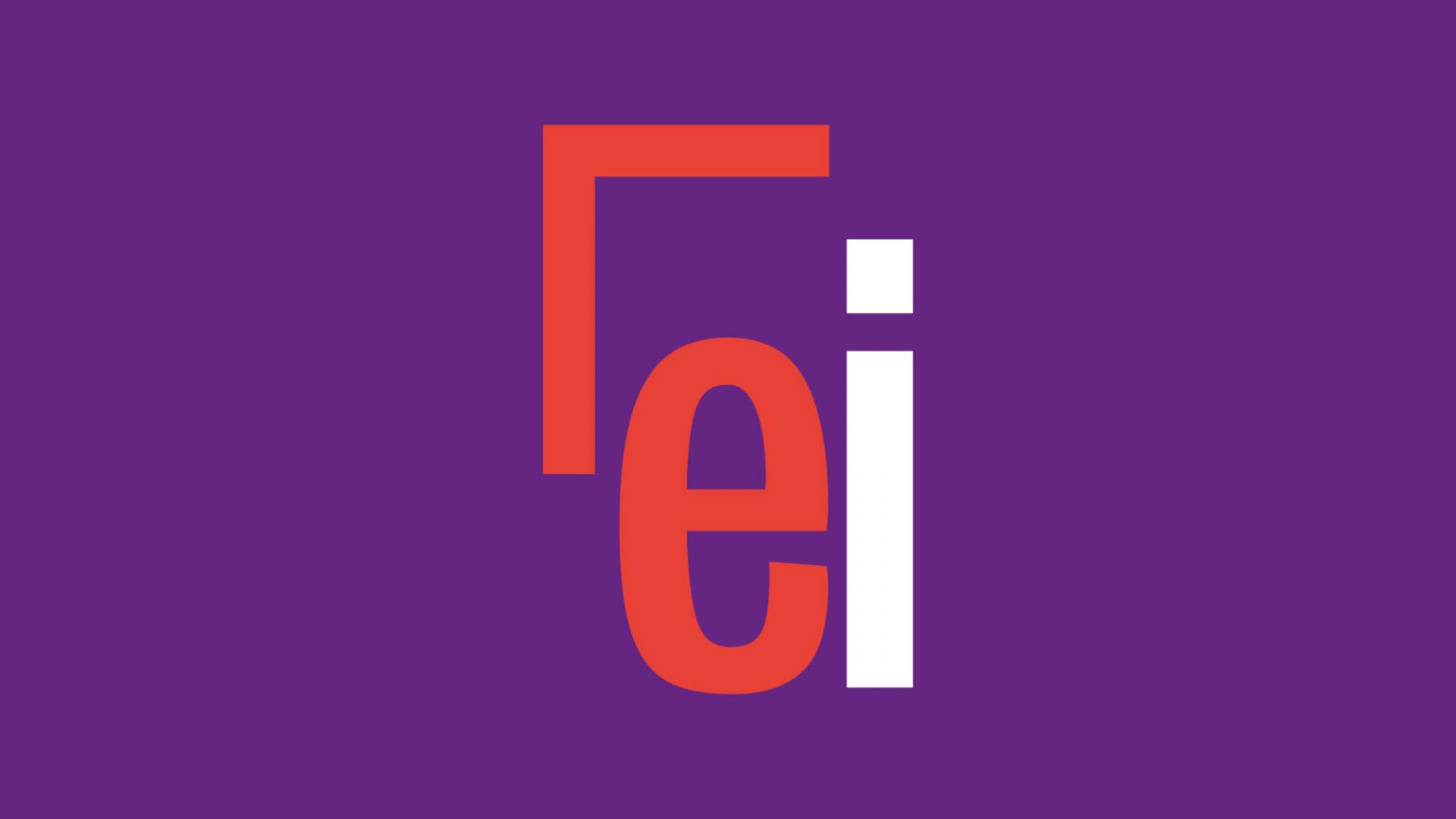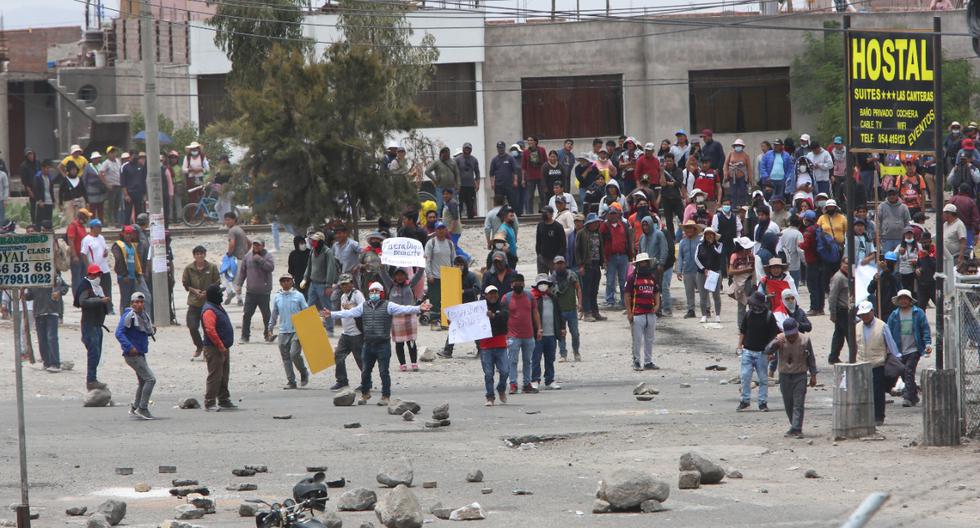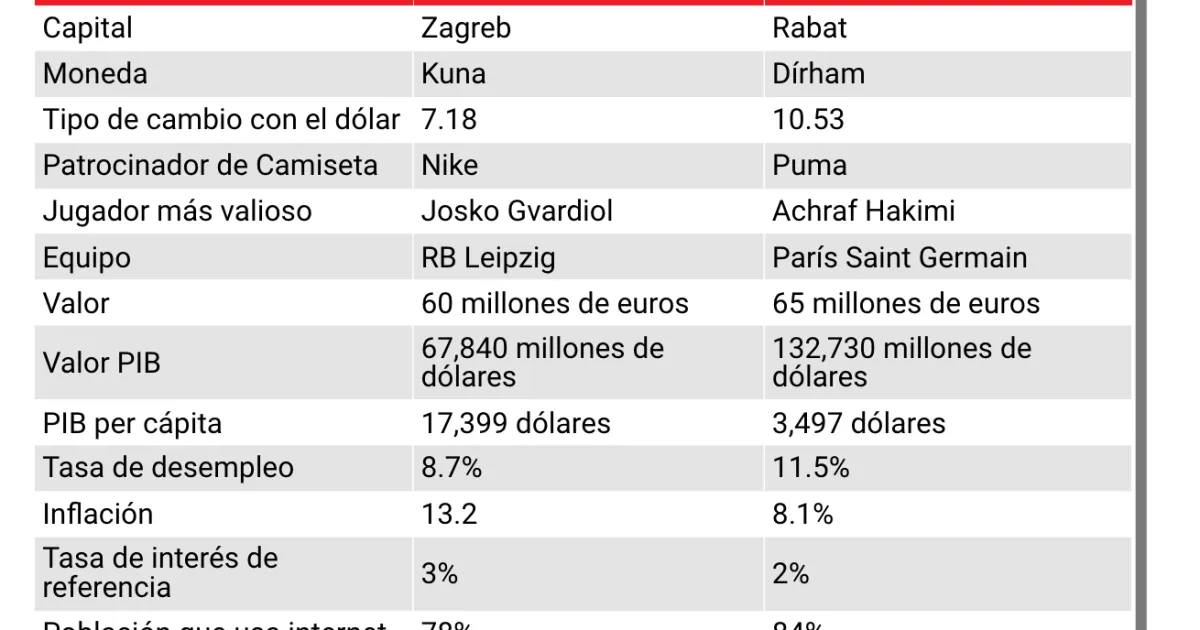According to a report from the Directorate of Political Financing of the Superior Court of Electoral Justice, some 70,023 pre-candidates from 43 political organizations complied with the rendering of accounts. They must respond to the availability of monetary and non-monetary resources of the pre-candidates to pay for the electoral race. Another point is if the candidate or his spouse are part of an organization from which they use funds for electoral purposes.
If the TSJE quote is correct, the dance of millions that led to today’s election involved a total of more than US$12 million. Of that amount, only the ANR and the PLRA have presented an expense of US$ 6.9 million. The other US$5 million is distributed among some 40 parties, agreements, alliances, independent candidacies, etc.
The accounting statements, closed before the election day, speak of the total amounts. But that is not enough. These are cold figures that do not clarify fundamental things, among others, where the money comes from and, above all, who is behind each contribution and donation.
So far we have not seen a detailed report on the consistency of campaign funds by candidate. If someone who lives on a certain income, let’s say a deputy, municipal councilor or public official diet appears spending more than G. 500 million in a few weeks, the logical thing is to explain where all that money came from. The current regulations provide for all these questions and, in this sense, it is considered advanced legislation. But according to an analysis by the Carter Center specializing in Latin American electoral legislation, these electoral rules have no minor weaknesses, including the low “organic and missionary capacity” of effective control of the TSJE. Nor is it efficient in the task of verifying the origin and amount of private donations through the usual tax controls. In addition, the disclosure of resource management is unclear and lacks elements that ensure concrete and transparent information to the public.
To synthesize it in Creole: the rule is followed but not fulfilled.
The rain of millions continues to fall, be it public money or money from who knows who.
The whole process oozes a dearth of transparency.
This is not how credibility is built in a political system.






